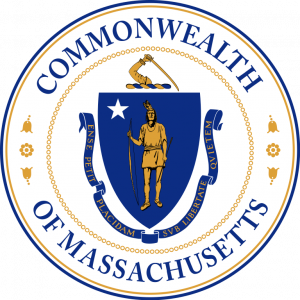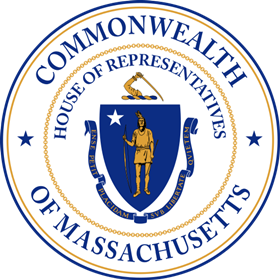On Election Day, Massachusetts voters passed Question 2, paving the way for campaign finance reform. The ballot measure establishes a citizen commission tasked with producing a report on the state of political spending in the Massachusetts and promoting an amendment […]
 On Election Day, Massachusetts voters passed Question 2, paving the way for campaign finance reform.
On Election Day, Massachusetts voters passed Question 2, paving the way for campaign finance reform.
The ballot measure establishes a citizen commission tasked with producing a report on the state of political spending in the Massachusetts and promoting an amendment to the United States Constitution. The commission would also report on whether the state can legally limit corporate contributions.
Proponents of the ballot question hope it will help in overturning the 2010 decision in Citizens United, while those against it argued the measure was a protest vote and created a new governmental body solely for symbolic gesture.
The measure passed 71.3 percent to 28.69 percent, with 81.8 percent of precincts reporting.
Next month, Massachusetts voters will decide on a ballot measure seeking to cap corporate spending in elections. Ballot Question 2, if passed, will create a commission made up of citizens tasked with producing a report on the state of political […]
 Next month, Massachusetts voters will decide on a ballot measure seeking to cap corporate spending in elections.
Next month, Massachusetts voters will decide on a ballot measure seeking to cap corporate spending in elections.
Ballot Question 2, if passed, will create a commission made up of citizens tasked with producing a report on the state of political spending in Massachusetts and promoting an amendment to the United States Constitution. The commission would also report on whether the state can legally limit corporate contributions.
The ballot measure has been characterized as a way for the state to show their opposition to the Supreme Court’s 2010 Citizens United decision.
The group advocating for Ballot Question 2 envisions a 28th Amendment removing the ability of corporations, labor unions, super PACs and other wealthy interests from financially influencing political campaigns.
To pass, an amendment to the U.S. Constitution would require approval by two-thirds of the U.S. House and Senate and must also be ratified by 38 states.
State and Federal Communications, Inc. provides research and consulting services for government relations professionals on lobbying laws, procurement lobbying laws, political contribution laws in the United States and Canada. Learn more by visiting stateandfed.com.


